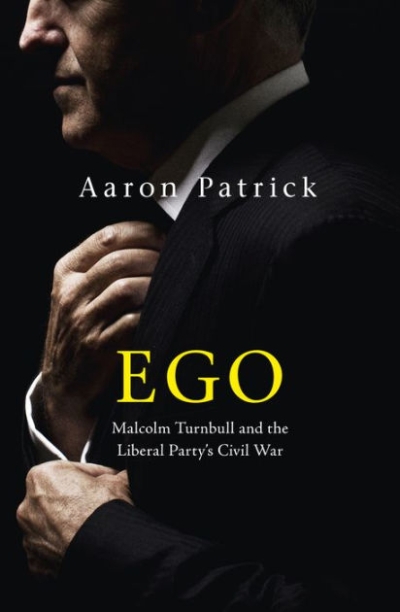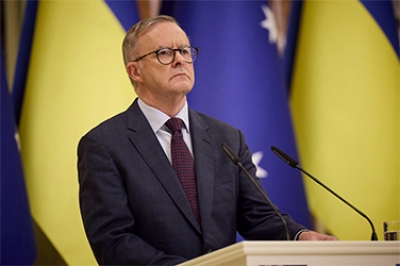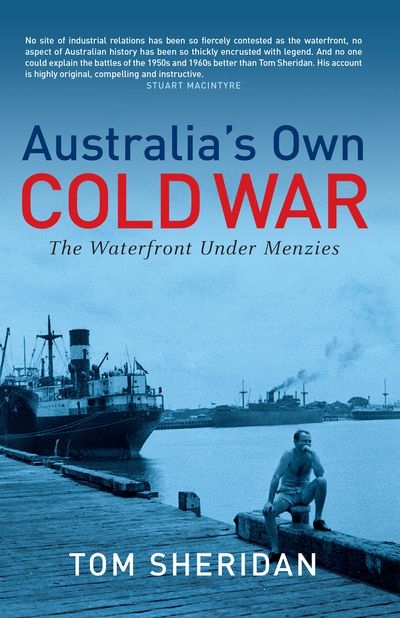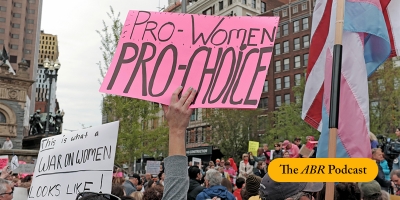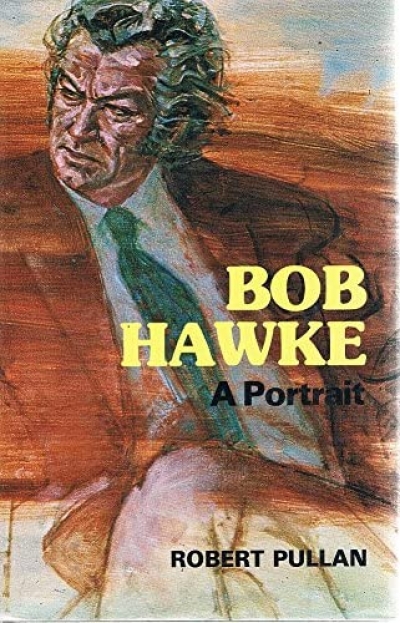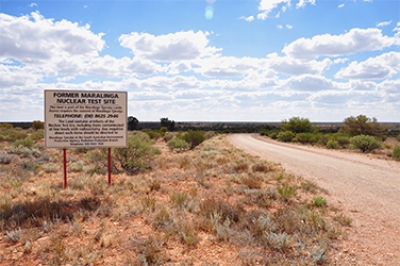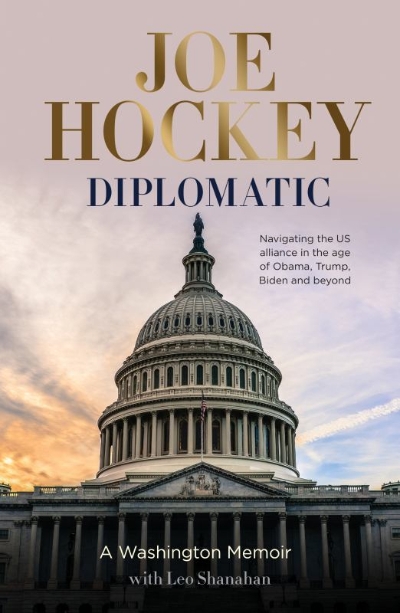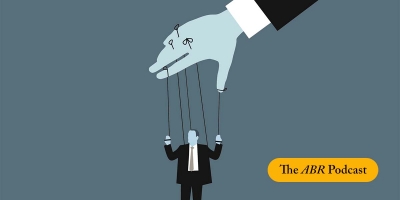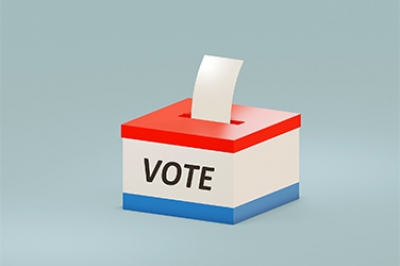Australian Politics
Ego: Malcolm Turnbull and the Liberal Party’s civil war by Aaron Patrick
Before the May 2022 federal election, Anthony Albanese, partly to silence critics of his ‘small target’ campaign and partly to manage wider expectations, proposed to lead a Labor government that under-promised and over-delivered. A deliberately thin ‘look-at-them’ election campaign was designed to keep the focus on a tired and compromised Coalition government, rather than following Labor’s usual approach of fighting for voters’ attention with big new ideas. For a social democratic party which exists for reform, it was an unorthodox strategy and one not without risks. The political capital from any ‘over-delivery’ might well accumulate for a ‘re-election’ bid in 2025, but the thinness of Labor’s 2022 enticements would be obvious.
... (read more)Australia's Own Cold War: The waterfront under Menzies by Tom Sheridan
The leaked draft judgment in the case of Dobbs v. Jackson Women’s Health Organization, in which US Supreme Court Justice Samuel Alito proposed overturning the precedent set by Roe v. Wade, has returned abortion rights to the headlines. In this week’s episode of The ABR Podcast, Linda Atkins reads her essay, ‘Shouting Abortion’, which sets women’s right to terminations within the broader context of intergenerational poverty and the class lines of the medical profession ...
... (read more)When I was launching my book Atomic Thunder: The Maralinga story in 2016, one of the guests put it to me that the name Maralinga should be just as recognisable in Australian society as Gallipoli. This comment suggested that the British tests had a broader meaning that spoke to a national mythology and were not just interesting historical events.
... (read more)Diplomatic: A Washington memoir by Joe Hockey with Leo Shanahan
When Scott Morrison called the federal election in early April, he did so on an apologetic note: ‘I get it that people are tired of politics.’ This was a predictable gesture from the prime minister: his term has been marked by a series of controversies that have raised many questions about his capacity to lead on some of the country’s most pressing issues, though relatively few about his skill in internal party politics.
... (read more)I don’t know why some people seem to think voting is a great imposition. I love lining up and watching the person behind the table pick up the ruler and find my name. There’s a little warm glow of being one tiny thread in the great muddled ball of string that is the democratic process. Always, in the queue there’s a particular feeling: pleased, proud, everyone hugging to ourselves the little secret of how we’re going to vote. When my kids were at primary school, I loved helping to person the stall churning out the Democracy Sausages.
... (read more)In Australia today, many young people are actively engaged in politics. While adults often describe young people as disengaged, apathetic, or uninformed about politics, these perceptions and labels do not align with the reality. As Judith Bessant has pointed out, ‘[T]here is a long and rich history of political action by children and young people’ (Making-Up People: Youth, truth and politics, Routledge, 2020).
... (read more)
